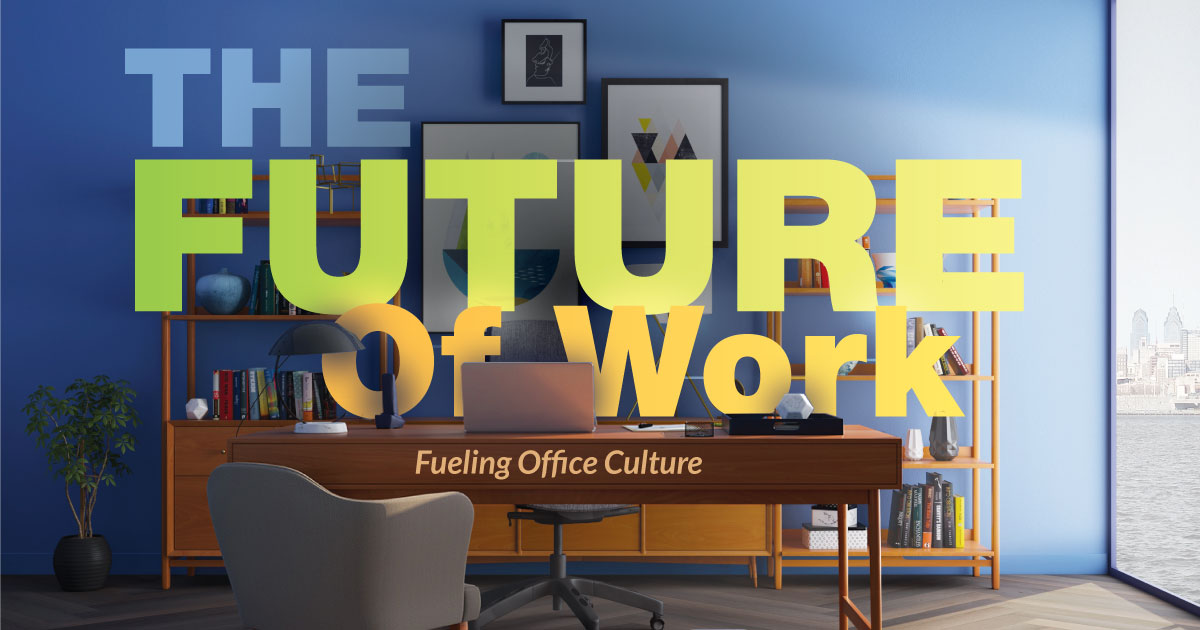The Future of Work: Trends Shaping Careers
Explore the key trends transforming careers, from remote work to AI integration, reshaping the future of employment.

Automation and AI: The New Co-workers
As technology advances, automation and artificial intelligence (AI) are becoming integral to the workplace. These innovations are not just tools; they are transforming how tasks are performed. Machines now handle repetitive tasks, allowing humans to focus on more complex problem-solving and creative endeavors. For instance, in manufacturing, robots streamline production lines, enhancing efficiency and precision. Meanwhile, AI-powered software assists in data analysis across industries, offering insights that were previously time-consuming to uncover. This shift necessitates a workforce skilled in managing and collaborating with these technologies. Understanding how to leverage AI for strategic advantage is becoming a critical competency. The integration of AI and automation suggests that careers of the future will prioritize adaptability and tech-savviness, reshaping traditional roles and creating new opportunities.
Remote Work: A Permanent Fixture
The concept of remote work has evolved from a temporary solution to a permanent fixture in the professional landscape. This shift is driven by advancements in digital communication tools, enabling seamless collaboration regardless of geographical boundaries. Companies have recognized the benefits, such as access to a broader talent pool and reduced overhead costs. For employees, remote work offers flexibility, enhancing work-life balance and reducing commuting stress. However, it also presents challenges, such as the need for self-discipline and the potential for isolation. As businesses adapt to this model, hybrid work environments are emerging, combining the benefits of remote work with in-person interactions. Mastery of digital collaboration tools and effective communication skills are becoming essential for success in this evolving work setting.
Lifelong Learning: The New Career Norm
In a rapidly changing job market, lifelong learning has become a necessity rather than an option. The pace of technological advancements means that skills quickly become outdated, requiring continuous education and adaptation. Professionals must embrace a mindset of constant learning, seeking opportunities to upskill or reskill. Online platforms and courses offer flexible learning options, making education accessible to anyone willing to invest time and effort. Employers are also recognizing the importance of training programs to keep their workforce competitive. This trend emphasizes the need for self-motivation and proactive career management. The ability to learn and adapt quickly will distinguish successful professionals in the future workplace, as industries evolve and new roles emerge.
Gig Economy: Flexibility and Independence
The rise of the gig economy is reshaping traditional employment models, offering flexibility and independence to workers. This trend is characterized by short-term contracts and freelance opportunities, allowing individuals to choose projects that align with their skills and interests. While the gig economy provides freedom from the constraints of a 9-to-5 job, it also demands a high level of self-management and business acumen. Gig workers must handle their own benefits, taxes, and job security, which can be challenging. However, the gig economy appeals to those seeking diverse experiences and control over their work-life balance. As more people turn to gig work, platforms facilitating these opportunities are expanding, creating a dynamic marketplace that values agility and entrepreneurship.
Diversity and Inclusion: A Business Imperative
Diversity and inclusion have moved from being buzzwords to becoming critical components of successful business strategies. Organizations are increasingly aware that a diverse workforce fosters innovation and enhances decision-making. Embracing different perspectives leads to more creative solutions and reflects the diverse customer base that companies serve. Initiatives to promote diversity and inclusion are gaining traction, focusing on equitable hiring practices and creating inclusive workplace cultures. However, achieving genuine diversity requires ongoing commitment and accountability. Companies are investing in training and policies that support an inclusive environment, recognizing that diversity drives performance and competitiveness. As societal values evolve, businesses that prioritize diversity and inclusion are better positioned to thrive in the global marketplace.
Sustainability: A Driving Force in Careers
The growing emphasis on sustainability is influencing career paths across industries. As environmental concerns become more pressing, businesses are prioritizing sustainable practices to meet regulatory requirements and consumer expectations. This shift is creating demand for professionals skilled in sustainability management, renewable energy, and corporate social responsibility. Careers in these fields are expanding, offering opportunities to contribute to environmental conservation and ethical business practices. Additionally, organizations are incorporating sustainability into their core strategies, affecting roles from product development to supply chain management. Employees with a passion for sustainability and the ability to implement green initiatives are highly sought after. This trend underscores the importance of aligning career goals with broader societal values, as sustainability becomes a key driver of business success.